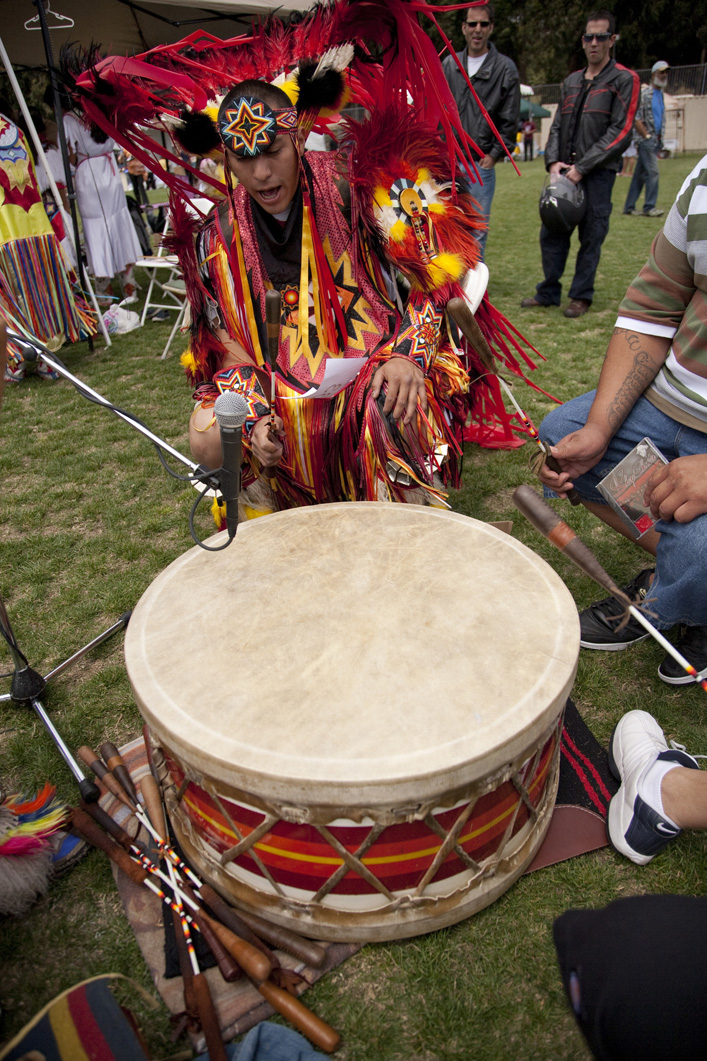'Malbrough s'en va-t-en guerre'
'Malbrough s'en va-t-en guerre'. The numerous victories of General John Churchill (1650-1722), Duke of Marlborough, familiarly called 'Malbrough' and a famous figure in English history, inspired this song, which Napoleon liked to hum. It is attributed at times to Mme de Sévigné, at times to unknown soldiers. F.-A.-H. LaRue notes in Le Foyer canadien, vol 1, (Quebec City 1863) that it may have been inspired by the 'Chanson du duc de Guise,' which it resembles closely. In French Canada it became one of the most widely sung folksongs. It tells how Malbrough's wife, awaiting his return from battle, is given the news of her husband's death.
In English Canada the melody has been popularized under the title 'For He's a Jolly Good Fellow.' William Parker Greenough reports in Canadian Folk-Life and Folk-Lore (New York 1897) that it also is sung to the melody 'We Won't Go Home Till Morning'; moreover, he gives a different version, in both text and music, from that which appears in Ernest Gagnon's Chansons populaires du Canada (Quebec City 1865). In Chansons canadiennes (Montreal 1907, harmonized by P.-É. Prévost, 'words and music by our Canadians') there are two other versions, both different from Gagnon's. In the Bulletin des recherches historiques (January 1921) Édouard-Z. Massicotte mentions the song 'Peper' n'viola pas-t-en guerre,' which is sung to the best-known melody, the text alluding to Louis-Joseph Papineau, the mid-19th-century politician. 'Malbrough' has been recorded for LPs by Ovila Légaré, Alan Mills (Folk FP-708-B), Les Cailloux (Cap T-70-000), and LEnsemble Claude-Gervaise (Solo SO-25510), among others.

 Share on Facebook
Share on Facebook Share on X
Share on X Share by Email
Share by Email Share on Google Classroom
Share on Google Classroom

